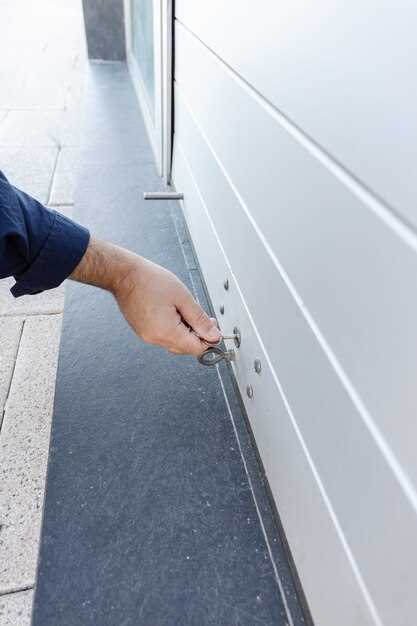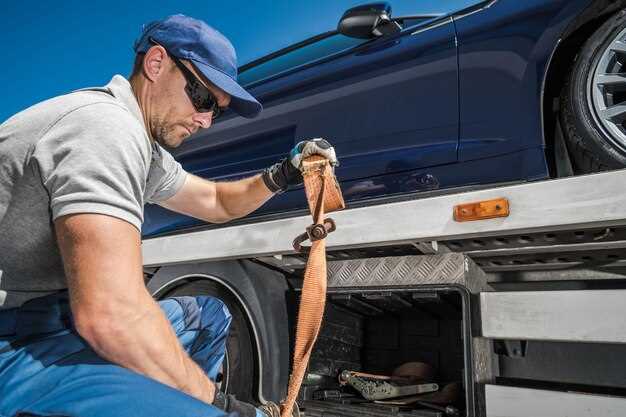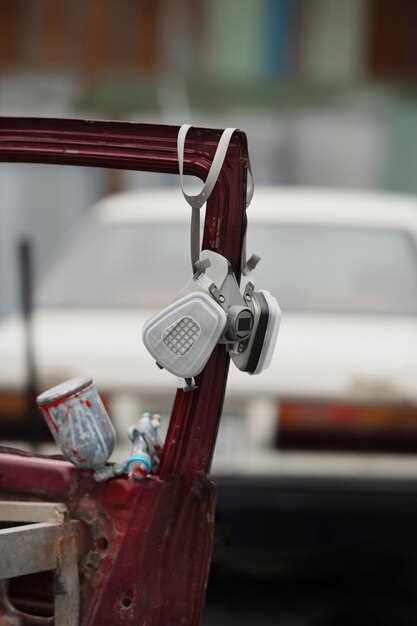
In today’s world, ensuring the safety of your belongings is more critical than ever, especially when it comes to trailers. Trailers are often filled with valuable equipment, tools, and personal items, making them a prime target for theft. To combat this growing concern, investing in reliable trailer locks can significantly bolster your overall security measures.
By implementing effective locking mechanisms, trailer owners can enjoy peace of mind while safeguarding their assets. This article will explore various types of trailer locks, their installation procedures, and the advantages they offer in enhancing security.
Security should not be an afterthought; it is an essential component of responsible trailer ownership. Understanding the importance of installing high-quality locks will empower you to protect your investments from theft and unauthorized access. Explore the options available, and take the necessary steps to secure your trailer effectively.
Choosing the Right Trailer Lock for Your Needs
Selecting the appropriate trailer lock is crucial for ensuring the security of your trailer and its contents. When considering your options, it’s essential to evaluate the type of trailer you own, as different designs may require specific locking mechanisms.
Start by identifying the point of vulnerability on your trailer. Common types of trailer locks include coupler locks, wheel locks, and hitch locks. Coupler locks are designed to secure the trailer’s coupling mechanism, preventing unauthorized hitching. Wheel locks immobilize the trailer by encasing the wheel, while hitch locks prevent the trailer from being towed away.
Assess the construction of the lock itself. Look for locks made of high-grade materials such as hardened steel, which offer better resistance to cutting and tampering. A good lock should also feature a weather-resistant design to withstand various environmental conditions.
Compatibility is another key factor. Ensure that the lock you choose fits your trailer model and its specific locking points. Some locks offer adjustable features, providing flexibility for different models.
Consider additional features such as keyless entry systems or combination locks that eliminate the need for physical keys, making access easier. However, ensure these systems are reliable and not easily bypassed.
Finally, read customer reviews and seek recommendations from trusted sources to gain insight into the effectiveness of different trailer locks. Investing time in research can help you make an informed decision, ultimately enhancing your trailer’s security and providing peace of mind.
Step-by-Step Guide to Installing Trailer Locks

Installing trailer locks is essential for enhancing the security of your trailer and its contents. Follow this step-by-step guide to ensure a successful installation and improved protection.
Step 1: Gather Required Tools and Materials
Before starting, make sure you have all necessary tools and materials. This typically includes a trailer lock, a wrench or pliers, and, in some cases, a drill if additional modifications are needed.
Step 2: Choose the Right Lock
Select a trailer lock that suits your specific type of trailer. Consider a coupler lock for hitch security, a wheel lock to prevent rolling, or a hitch pin lock for added protection. Ensure the lock is durable and resistant to tampering.
Step 3: Position the Lock
Identify the best location for your trailer lock. For coupler locks, place it over the hitch connector to secure it. For wheel locks, position it directly over the wheel to inhibit movement. Ensure that the lock fits snugly and covers all vulnerable areas.
Step 4: Secure the Lock
If you are using a coupler lock, simply slide it over the hitch and push it in place until it clicks. For wheel locks, follow the instructions provided with the lock to properly fasten it around the tire. Make sure it is tight and cannot be easily removed.
Step 5: Test the Lock
After installation, test the lock to ensure it functions correctly. Attempt to open it and confirm that it fits securely in place. This step is crucial to ensure your security measures are effective.
Step 6: Regular Maintenance
Periodically check your trailer locks for any signs of wear or damage. Keep the lock mechanisms lubricated to prevent rust and ensure smooth operation. Address any issues promptly to maintain optimal security.
By following these steps, you can effectively install trailer locks that provide enhanced security for your trailer and peace of mind for your belongings.
Maintenance Tips for Long-Lasting Security

To ensure the longevity of your trailer locks, it is essential to perform regular maintenance. Start by cleaning the lock mechanism periodically to remove dirt and debris that can cause malfunction. Use a soft cloth and avoid harsh chemicals that may damage the surface.
Lubrication is vital for smooth operation. Apply a silicone-based lubricant to the keyway and other moving parts. This prevents rust and ensures that the lock functions smoothly, especially in varying weather conditions.
Inspect the lock frequently for signs of wear or damage. Look for rust, bent components, or anything that may indicate the need for repair or replacement. Addressing small issues promptly can prevent complete lock failure.
When not in use, consider using a protective cover for your trailer lock. This safeguard will shield it from environmental factors such as rain, snow, and UV rays, which can accelerate deterioration.
Finally, ensure your lock is properly secured to the trailer. A loose lock can be easier to tamper with, compromising your security. Regular checks and tight fittings will enhance the effectiveness of your trailer lock.





